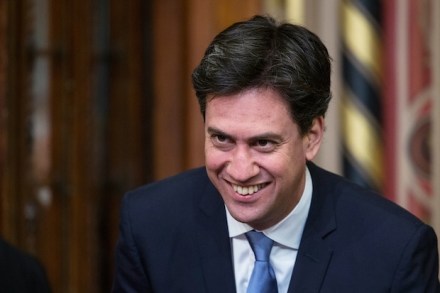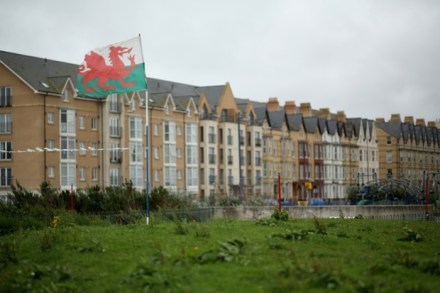Ed Miliband makes the best of a bad situation at PMQs
Today’s PMQs was never going to be easy for Ed Miliband. The latest polls have put a spring in the Tories’ step and made Labour MPs jittery. And today’s job numbers — with employment hitting record levels — gave Cameron the perfect springboard from which to argue that the government’s economic plan is working. But, given all this, Miliband did relatively well. The Labour leader went on Pfizer again, attacking its planned take-over of Astra-Zeneca. The issue suits Miliband as it allows him to make his big argument that the Thatcher/Blair consensus kept politicians and the markets too far apart. By contrast, Cameron is constrained in what he can say





















